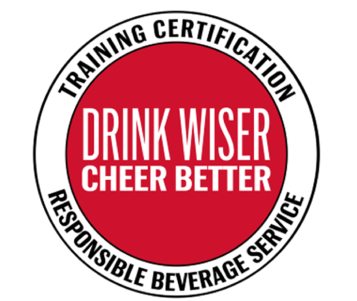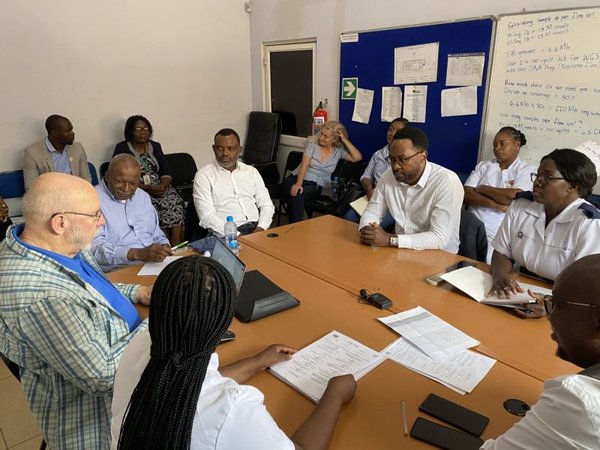

Evidence Based Solutions
We believe that our actions to reduce harmful drinking should be evidence-based. Our results should be measured so we can continuously improve our efforts. We created the AB InBev Foundation, in large part, for this purpose.
Working in partnership with independent academic researchers, the Foundation has supported the publication of more than 25 peer reviewed articles in high-impact journals, with a dozen more in the pipeline. Over the past several years, the Foundation ran the city pilots initiative in six metro areas around the world to identify best practices that could be scaled up.
Through these initiatives, we have identified three areas of intervention that can be most impactful in reducing the harmful use of alcohol: road safety, responsible beverage service, and screenings and brief intervention.
Responsible Beverage Service
Responsible Beverage Service (RBS) is an evidence-based intervention to train owners, management and service staff of establishments like bars, restaurants and liquor stores in preventing sales to minors and reducing underage drinking, binge drinking and drunk driving. The program also includes highlighting alcohol-related laws and conducting compliance checks of establishments.

Screening and Briefing Intervention (SBI)
Screening and Brief Intervention (SBI) is a preventive program that measures an individual’s drinking pattern during outpatient or wellness visits and motivates those identified as being at risk of harmful consumption of alcohol to change their behavior. Its effectiveness has been demonstrated when applied at the health professional’s office level. Extensive research indicates that it also has a large potential to reduce harmful consumption at the population level if cost-effective ways to implement it can be developed. In partnership with experts in this area, we are supporting the AB InBev Foundation on a series of initiatives to make SBI cost efficient while retaining its efficacy.
The program takes on many forms, depending on a community’s need, readiness and capacity. For example, a region with strong support from its local health department may implement an in-person program, while a city with limited local support may focus on building relationships and implementing a chatbot on a local website.

Road Safety
Reducing road safety risks is one of our top priorities: our employees, their families and our consumers travel the world's roadways every day. Their safety is a deeply personal issue.
We share the ambition of the UN Sustainable Development Goals (SDGs)to halve the number of global deaths and injuries from road traffic accidents by 2020. More than ever, we believe our company has a unique opportunity to improve road safety and make a significant positive impact on our communities.
Water Stories
Loading Stories...
